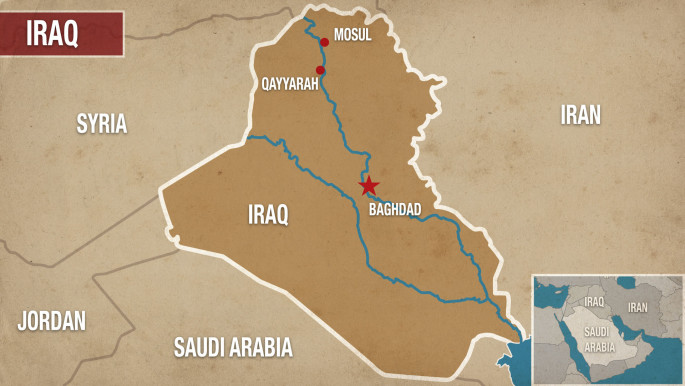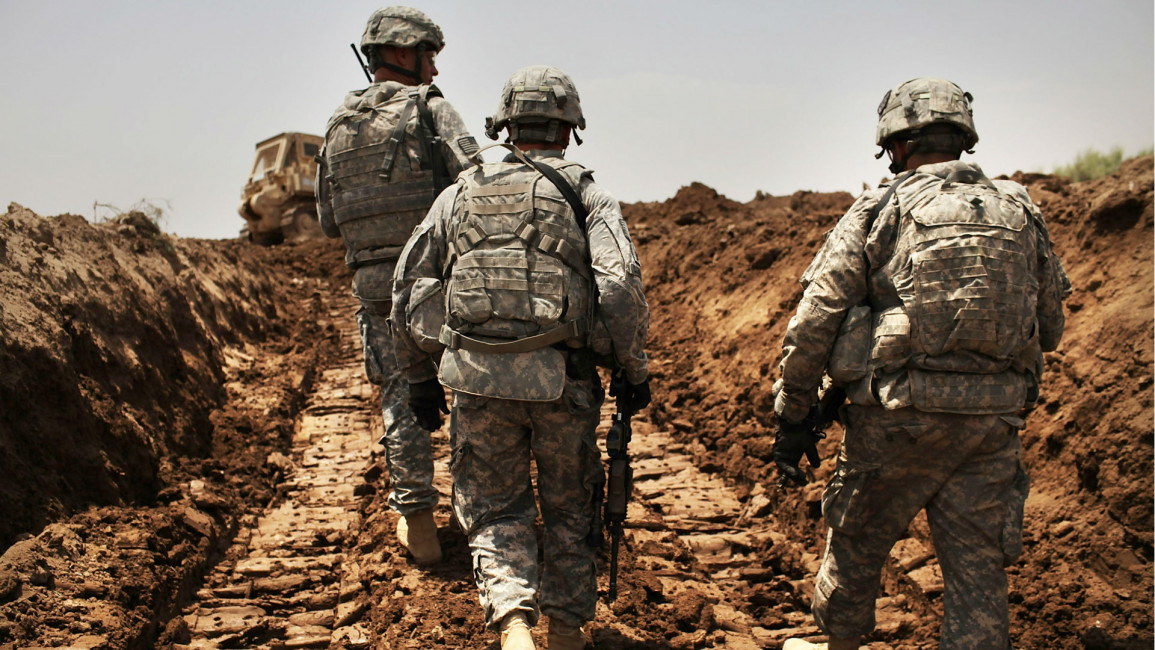IS suspected of chemical attack in Iraq
A rocket fired by Islamic State group militants at US troops in Iraq might have carried a chemical agent, a defence official said.
No one was injured in Tuesday's blast near an airfield by the northern town of Qayyarah and no one showed any immediate signs of exposure to the suspected mustard agent.
The defence official, speaking to AFP on condition of anonymity, said an incoming round had exploded within the base perimeter during an "indirect fire" attack.
A small team of US troops later inspected the fragmented ordinance and found one part with a suspicious, tar-like black oily substance that they tested in the field.
That initial test was positive for a "mustard agent". A second test was negative, and a third sample, has been sent to a laboratory for definitive analysis.
The official downplayed the seriousness of the incident, saying the shell would have been "militarily ineffective".
"Our concern is not much greater after seeing this," he said.
The troops who handled the fragments went through a standard decontamination procedure.
Hundreds of US troops are working with the Iraqi army ahead of a push on the IS stronghold of Mosul.
US-led coalition warplanes last week destroyed a factory near Mosul suspected of being used by IS to make chemical weapons.
Observers have repeatedly alleged IS has used chemical weapons, and the Pentagon has confirmed the extremists have deployed chlorine and sulphur mustard devices.
Iraqi troops, backed by coalition air power, are in the final weeks of "shaping" operations ahead of an assault to recapture Mosul, which IS seized in 2014 and which remains the group’s last main stronghold in Iraq.
On Thursday, Iraqi army commanders said troops had retaken key positions in Shirqat, a northern town 80 kilometres south of Mosul.



